Gone are the days when cable TV was the centerpiece of living rooms everywhere. More and more people are cutting the cord and saying goodbye to traditional cable. But why? What’s making folks ditch their cable subscriptions in droves? Let’s dive into the 17 surprising reasons behind this modern-day phenomenon.
Inflating Expenses

Cost is one of the main complaints about cable TV. Frequent monthly invoices are frequently stuffed with unstated expenses, taxes, and surcharges, making an initially inexpensive plan into an expensive beast. Paying for many channels they seldom ever view is getting old to people.
The Domination of Streaming Services
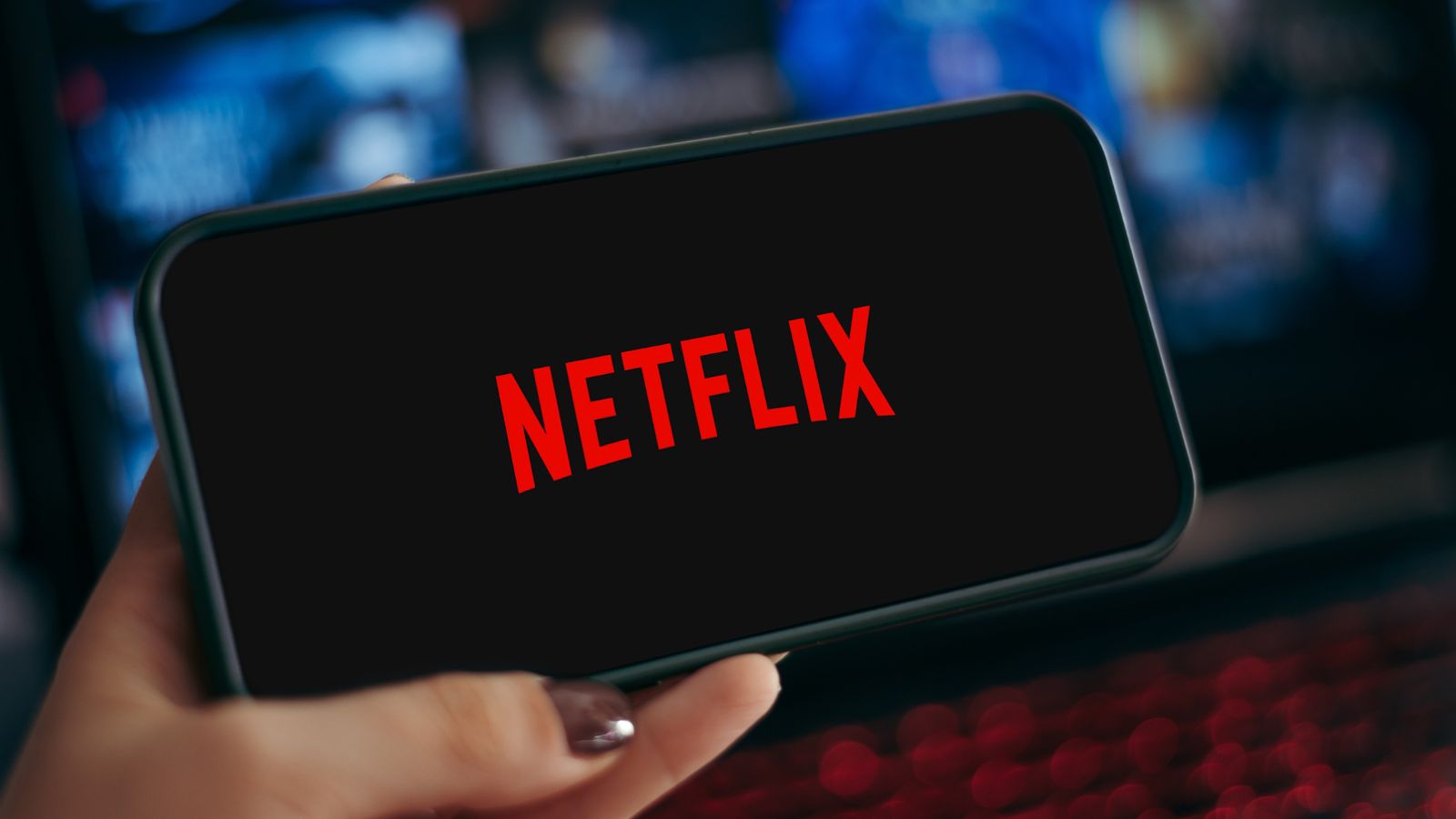
Netflix and Amazon Prime Video are just a few streaming services that have transformed television viewing. They provide enormous on-demand content libraries free of advertisements, frequently for a far lower price than cable. Given the abundance of options, why people are leaving ships is understandable.
Adaptability and Efficiency

Instead of cable TV, streaming services provide flexibility that fits into contemporary lifestyles. You can stream your favorite shows whenever and wherever you want, whether at home, on the go, or vacation. It’s challenging to find convenience quite like this.
No Additional Long-Term Agreements

Cable companies’ customers are sometimes locked into long-term contracts with steep penalties for breaking them early. On the other hand, most streaming services are month-to-month, meaning customers can cancel at any time without incurring fees.
Personalized Watching Experiences
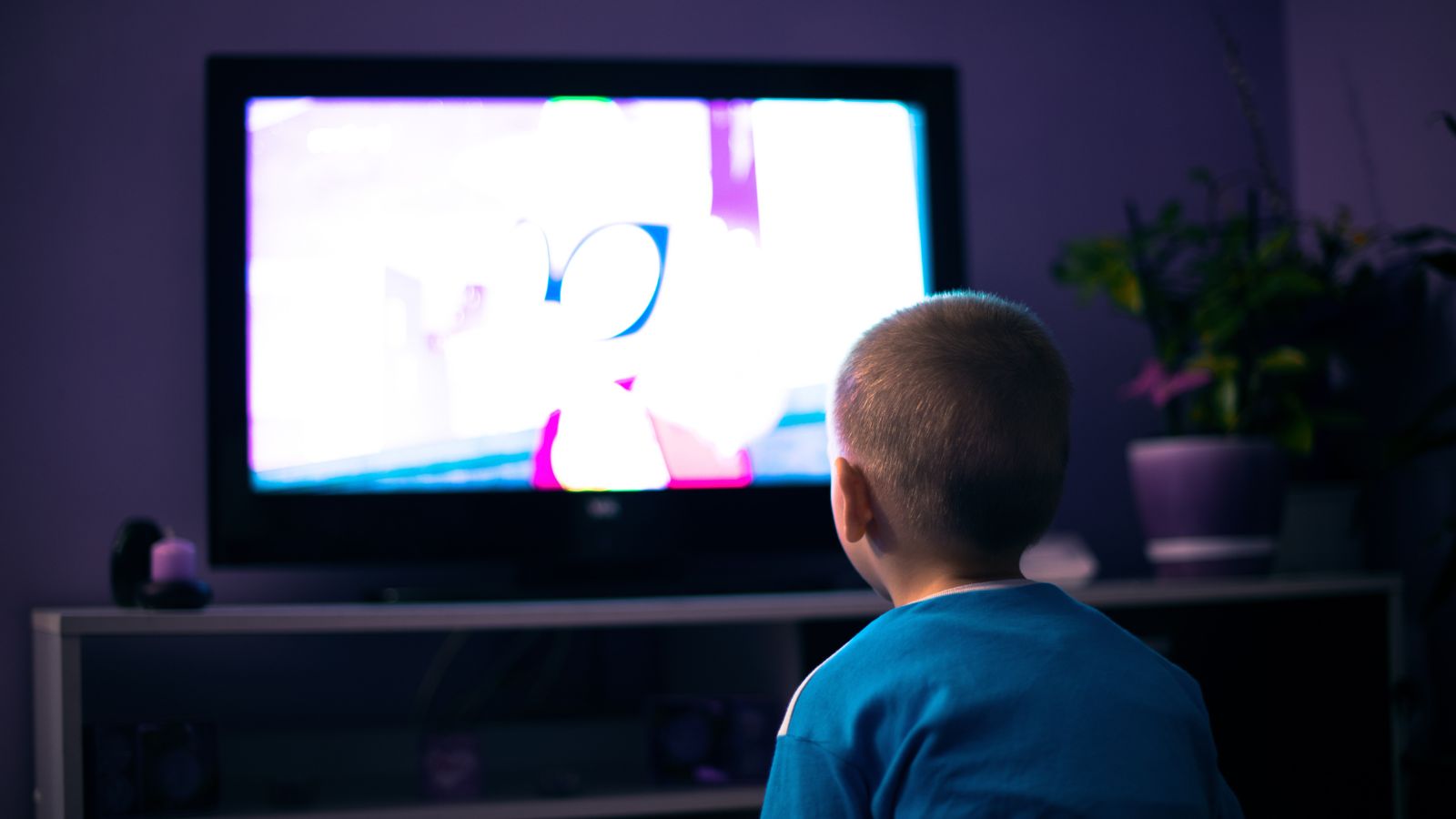
While streaming services allow you to customize your viewing experience to your tastes, cable TV only delivers a set of channels. Whether you enjoy anime, cookery shows, or scary movies, a streaming service or channel package is perfect for you.
Original programming with a variety of content

Streaming services consistently invest in original material, creating excellent films and series that compete with anything on broadcast television. With shows like “The Crown,” “The Mandalorian,” and “Stranger Things,” consumers are finding more and more reasons to give up cable.
There Will Be No More Ads

Everyone despises the advertisements on cable TV. Until they select a less expensive, ad-supported plan, subscribers to streaming services can watch material continuously and without interruption. A big allure is binge-watching without being interrupted all the time.
The emergence of smart televisions

With streaming apps already loaded, smart TVs make it very simple to access streaming media without needing extra devices. The smooth combination of hardware and software gradually distills individuals from conventional cable configurations.
Enhanced User Interfaces
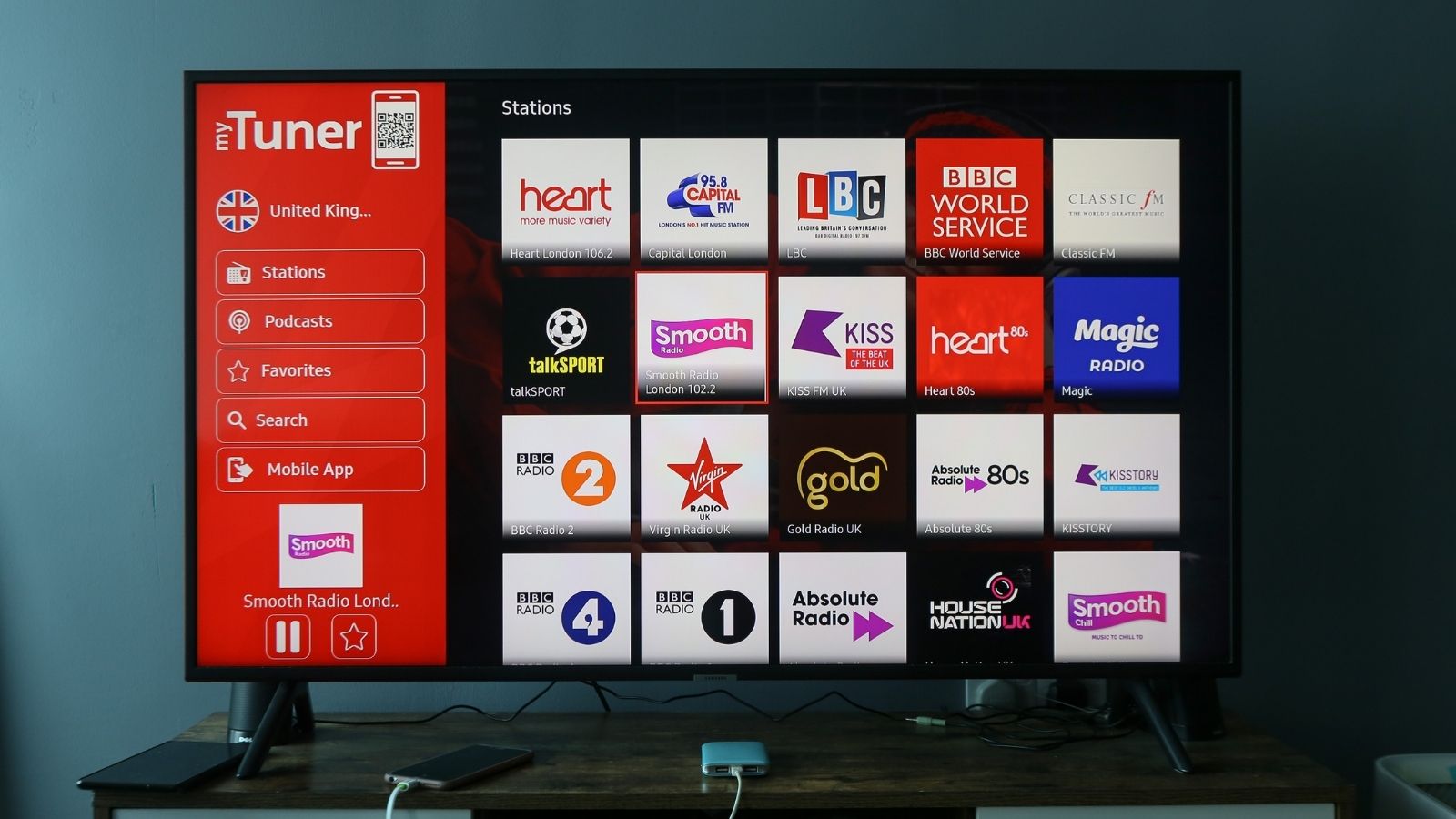
Navigating a cable TV menu can be somewhat challenging. On the other hand, the user-friendly interfaces of streaming services make it simple to locate the content you want to view. Everything about the experience is more seamless, from tailored suggestions to user-friendly search features.
Internet buzz and social media

Social media has a significant impact on today’s entertainment scene. Shows creating internet buzz are more likely to be seen, be it the newest Netflix release or a popular YouTube series. Cable TV finds it difficult to adapt to this fast-moving, digital-first society.
The Charm of Communities Without Cords
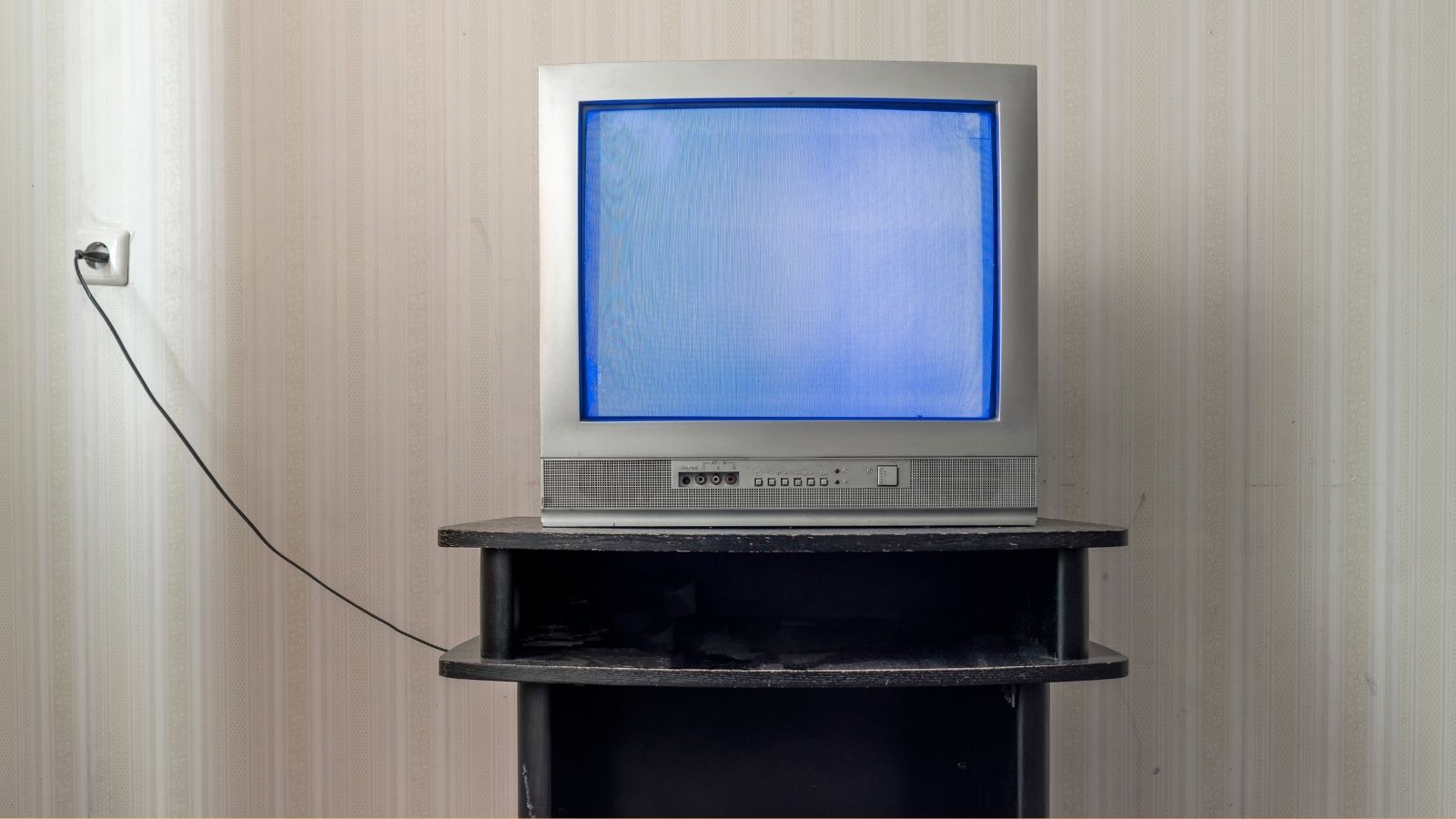
A burgeoning virtual community of cord-cutters exchanges strategies and recommendations for optimizing streaming encounters while reducing expenses. This sense of solidarity and shared information empowers an increasing number of people to go cable-free.
No Equipment Troubles
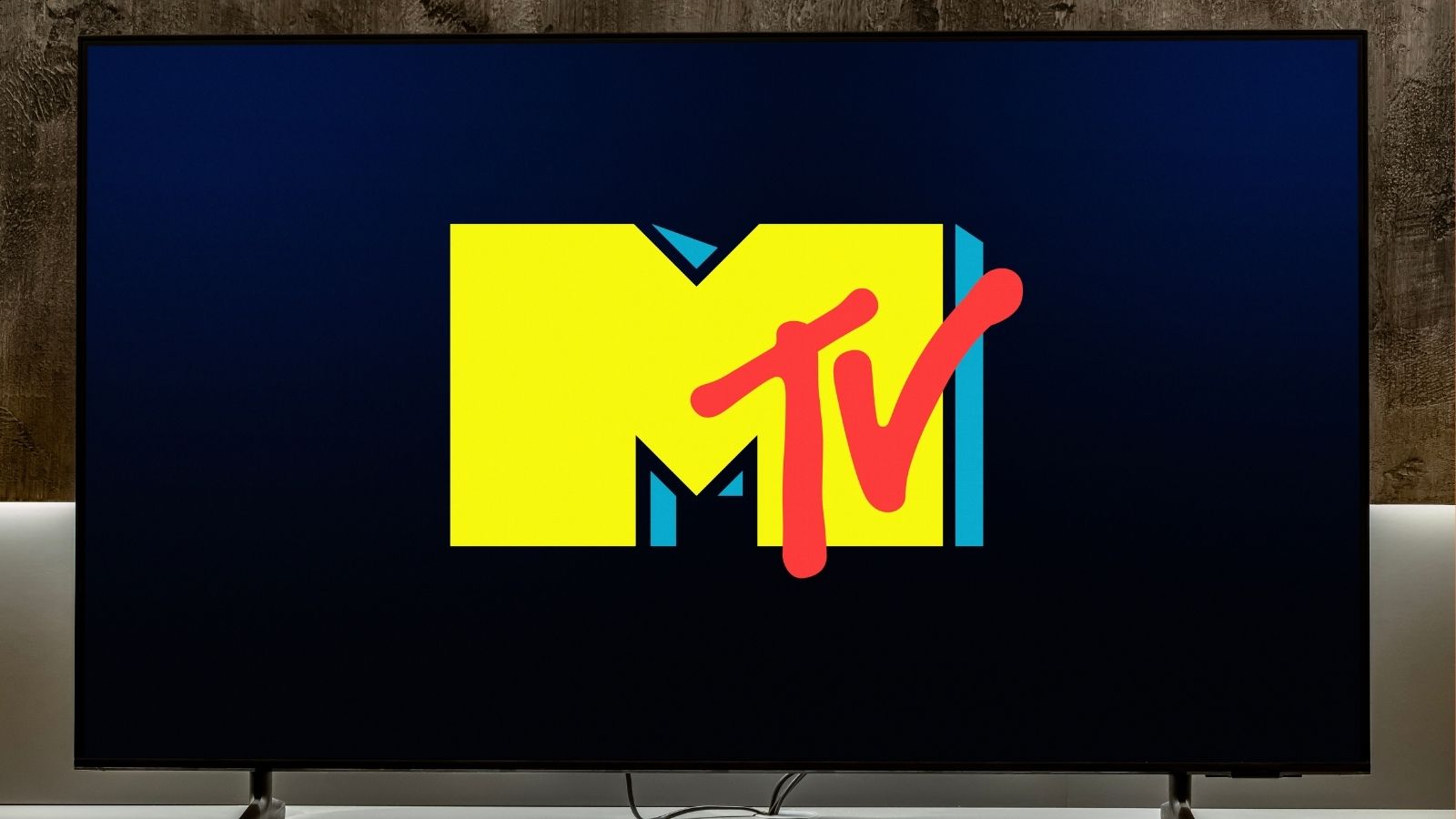
Watch cable TV frequently requires set-top boxes, satellite dishes, and other bulky equipment. Fortunately, streaming services take care of all of this. It’s easy to set up and maintain; you only need a device and an internet connection.
Video on Demand

Cable TV programming is scheduled, so you have to watch at certain times or hope your DVR records the episode. On the other hand, streaming services provide on-demand viewing, allowing you to watch whatever you want, whenever you want.
The Effects of 5G and Faster Internet

The introduction of 5G and increased internet speeds have made it simpler and more dependable to stream high-definition media. The necessity for cable TV is dwindling as internet access gets better still.
Traditional TV Networks’ Decline
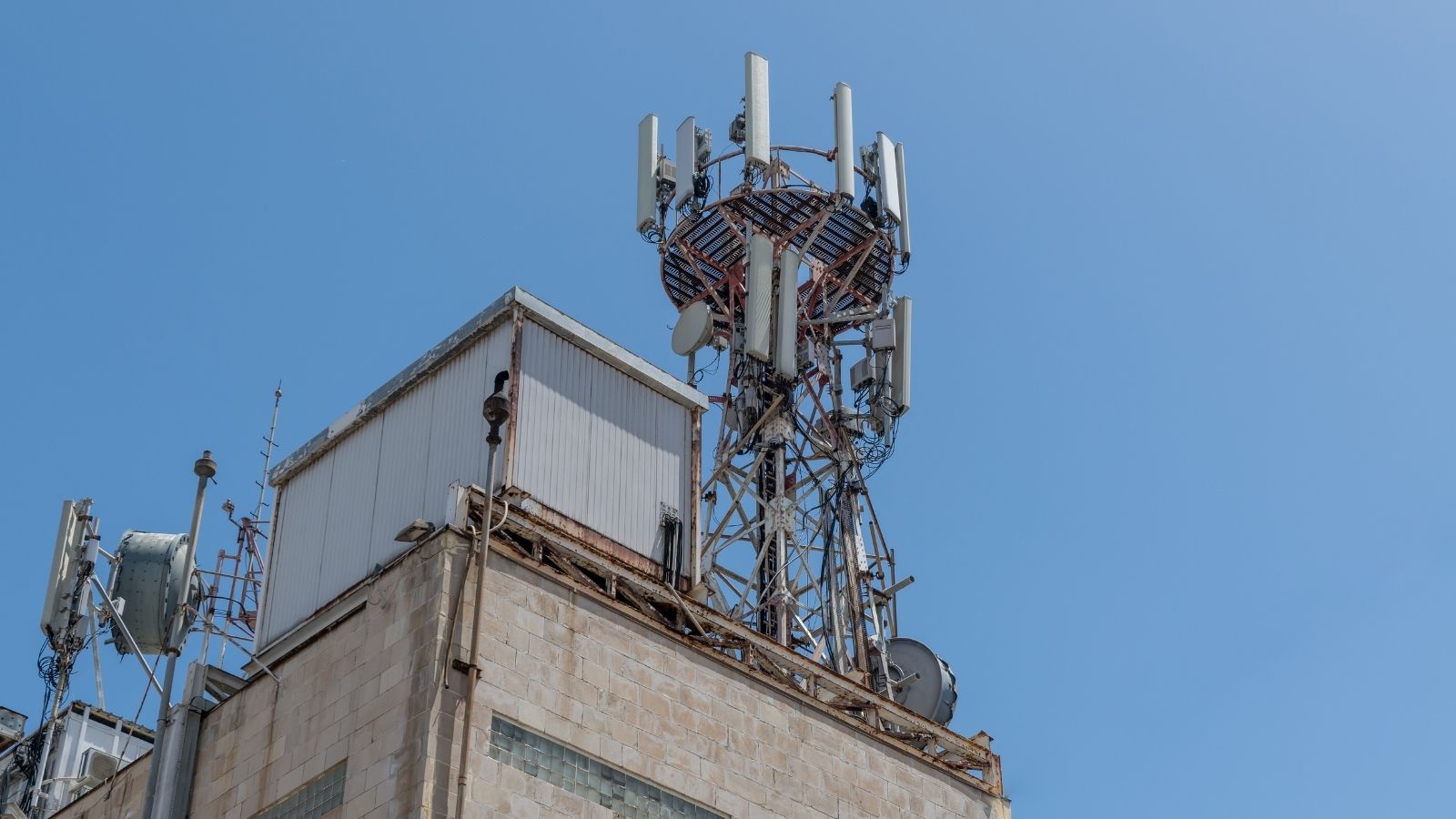
Many old-school TV networks are finding it difficult to adapt to the modern world. The quality of cable TV content may deteriorate as they lose viewers to streaming services, which will only encourage people to leave.
The Absence of Local Channels Doesn’t Always Mean a Bad Deal

The constant availability of local channels was a major selling point for staying with cable. However, a lot of streaming sites now provide local channels as well as live TV selections. Thanks to this advancement, cutting the cord doesn’t have to mean giving up on sports or local news.
Eco-Friendly Points to Remember
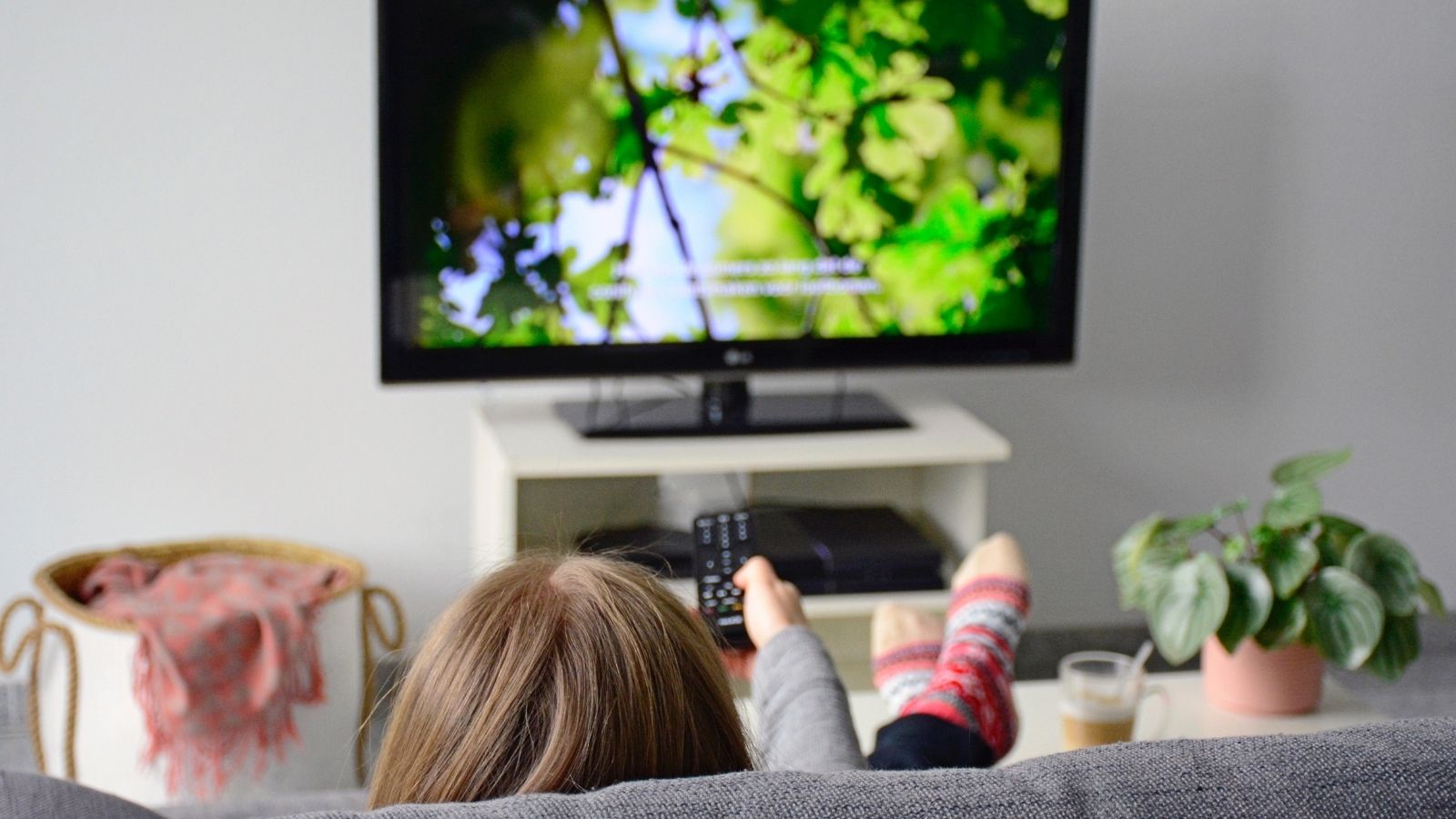
Finally, some are giving up cable for ecological concerns. Known to consume much energy, cable boxes frequently run nonstop, even when not in use. Switching to streaming can help people live more environmentally friendly lives using less electricity.
Conclusion

Rejecting cable TV is becoming more of a movement than a fad. With more people realizing how much money they can save, how convenient they are, and how much better content streaming services offer, cable TV is fast becoming outdated. Many are bidding farewell to cable TV for good for various reasons, including the excitement of original content, the freedom from contracts, and the delight of ad-free viewing.
5 Canadian Provinces Predicted to Thrive in the Next Economic Boom

5 Canadian Provinces Predicted to Thrive in the Next Economic Boom
